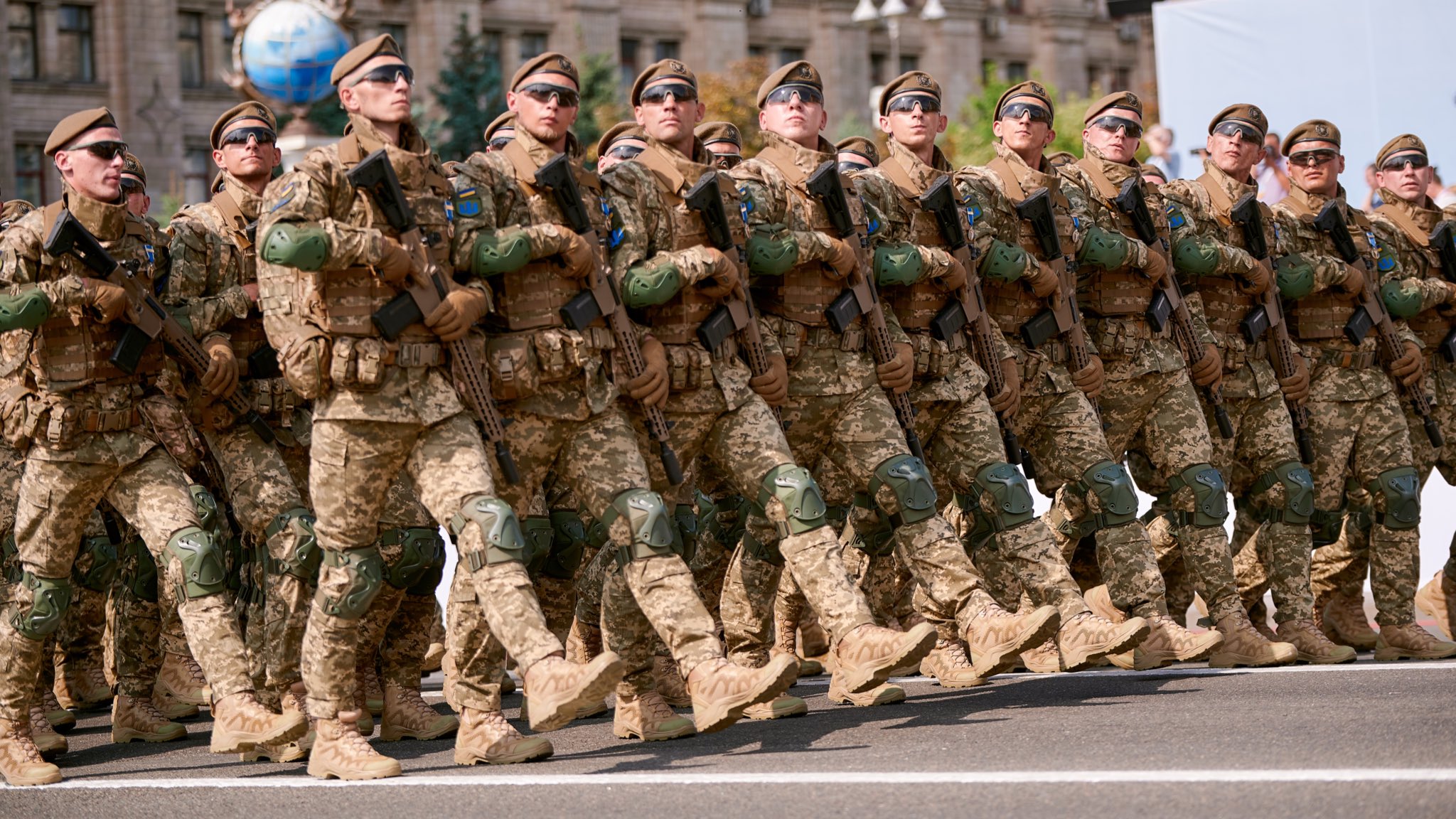Because Germany does not send arms to Ukraine

What Germany is not doing in Ukraine. The article by Giuseppe Gagliano
Although the US intelligence community warns that a Russian invasion of Ukraine could come this month, the German government has rejected Ukrainian demands for defensive weapons.
German Defense Minister Christine Lambrecht attempted to justify the decision by saying : "The German government agrees that we do not send lethal weapons to crisis areas because we do not want to fuel the crisis."
In fact, Germany has an admirable record of success in using arms sales to help threatened democracies deter aggression, ranging from South Korea to the Baltic states in Vladimir Putin's sights. Indeed, Berlin's global arms exports hit a new high in 2021.
Berlin's decision to deny Ukraine the weapons it needs to deter Russian aggression is in stark contrast to the actions of many other NATO countries that sell arms to Kiev.
Of course, these transfers will not lead to military parity with Russia and do not pose an offensive threat to Russia. The transfers, however, can strengthen Ukraine's defensive capabilities, making an invasion more costly for Russia and therefore potentially less likely.
We were just talking about Germany's unwillingness to sell arms to Ukraine. Well, this decision should not come as a surprise: Germany's prudent attitude is determined by the role played by Nord Stream 2 and by the possible retaliation that Russia would implement in the event that Germany sells arms to Ukraine. This is an attitude which, of course, should also follow our country. This of course does not mean that Germany has in the past sold weapons to South Korea over the past decade, helping Seoul to discourage Kim Jong Un's aggression.
According to data from the Stockholm International Peace Research Institute , South Korea was the top destination for German arms exports from 2013 to 2017.
German arms exports to South Korea included items such as cruise missiles and howitzer parts that helped maintain deterrence against nuclear-armed North Korea. The German arms transfer did not fuel the crisis but rather strengthened South Korea's ability to defend itself, thus increasing the costs of potential North Korean aggression. This is exactly what German weapons could do in Ukraine with respect to Russian aggression. This same logic of deterrence explains why previous German governments provided other European nations with the weapons they need to defend themselves. Since 2012, Germany has sold howitzer and self-propelled tanks to NATO members Denmark, Latvia, Lithuania and Norway, as well as non-NATO countries such as Finland and Sweden, all of which have been the target of Russian threats or provocations.
This is a machine translation from Italian language of a post published on Start Magazine at the URL https://www.startmag.it/mondo/perche-germania-non-manda-armi-ucraina/ on Thu, 03 Feb 2022 07:37:31 +0000.
